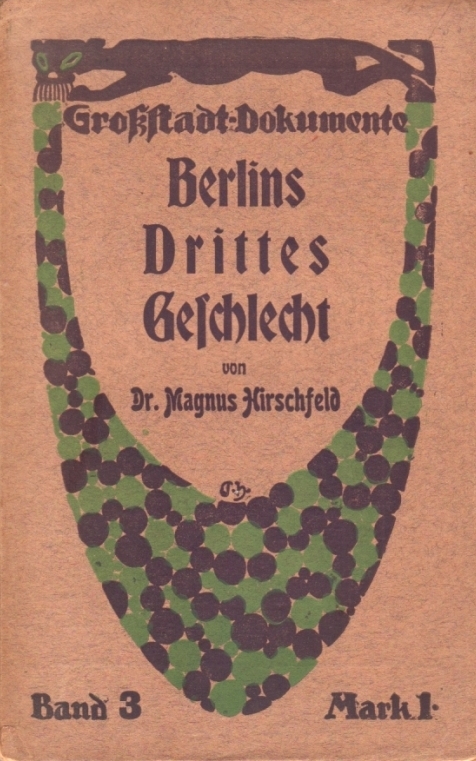Happy International Translation Day!
Forthcoming fiction collection The Guesthouse at the Sign of the Teetering Globe is the first book by German author Franziska zu Reventlow (1871-1918) to appear in English. Reventlow herself was a prolific translator, almost exclusively from the French, introducing well over 40 works to German readers. Titles by Marcel Prévost account for almost half of those works, along with Guy de Maupassant, Anatole France and one book by Emile Zola.
Reventlow – look away now, conscientious translators – was not above taking shortcuts with her work, as she admitted in a 1901 letter to her lover, philosopher Ludwig Klages: "You should know that I am very haphazard with the novels, and I cut wherever they seem too long."
In addition to French books, Reventlow translated one novel by Norwegian author Bernt Lie and a sole English work, perhaps the strangest entry in her bibliography. Originally entitled The World Allies: A Survey of Nationalism, Labour and World-trade, it was written in 1917 by eccentric American millionaire John Wesley De Kay, who made his fortune with sausages in Mexico. De Kay, evidently quite the polymath, wrote a number of works on big issues of the day as well as a 1910 dramatization of the life of Judas, for which he enlisted no less a stage presence than Sarah Bernhardt. It was banned in New York after just one performance.










